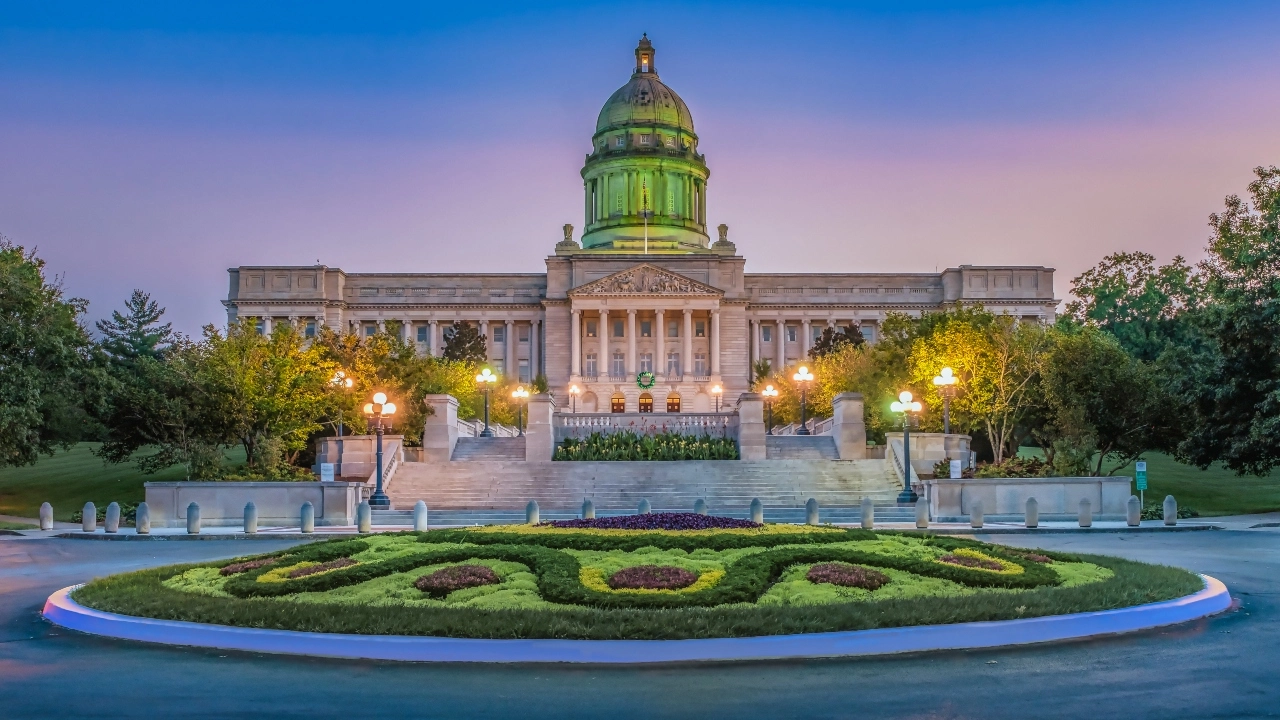(This story has been updated with new quotes and details and to clarify that Kevin Durant is a current NBA player. )
A groundbreaking bargaining agreement between the National Basketball Association and its players association would allow players to invest in and promote cannabis companies.
The tentative deal – which must be ratified by the union and team governors – would also allow players to consume marijuana given that the substance would be removed from the league’s drug testing program, according to The Athletic sports media site.
The National Basketball Players Association confirmed that a tentative collective-bargaining agreement had been reached.
“Specific details will be made available once a term sheet is finalized,” the group said in a statement.
The proposed labor agreement would offer players another investment opportunity, NBA and WNBA teams, The Athletic reported.
The tentative agreement would provide a major endorsement for the cannabis industry and would open up a new source of funds for marijuana companies, which have been struggling in the face of a tight funding market.
The proposed seven-year agreement would also mark a first for the NBA, which has previously penalized players for consuming marijuana and barred them from participating in cannabis sponsorships or business opportunities.
That hasn’t stopped a growing number of former NBA players from joining the cannabis industry, such as Al Harrington, a co-founder of Los Angeles-based Viola Brands; Chris Webber of Players Only Holdings; Carmelo Anthony, an investor in California cannabis brand Leune; and Shawn Kemp, a marijuana store owner in Seattle.
In a recent appearance on NPR, Harrington talked about what basketball and marijuana have in common.
“Sports definitely heals,” he said.
“Every time it seems like our country goes through something, sports is the kind of thing that brings it back together.
“And I feel the same thing about the cannabis plant. I really feel like the cannabis plant is a natural healer, and it fosters community.”
Is tide turning in pro sports?
As an increasing number of states have legalized medical and adult-use marijuana, professional sports leagues have been gradually easing their once-zero tolerance attitudes toward the substance.
The NBA stopped random drug testing for marijuana in recent years, checking for the banned substance only if there was probable cause to do so.
Suspensions would occur if a player tested positive three times in a row.
The National Football League donated $1 million last year to research into pain management and cannabis.
In October, Colorado-based Charlotte’s Web CBD became Major Baseball League’s first official cannabidiol sponsor.
WNBA star Brittney Griner was imprisoned in Russia last year after authorities found vape cartridges containing hash oil in her luggage.
Despite marijuana still being federally illegal in the United States, the White House classified the player as “wrongfully detained.”
Griner was freed in December through a prisoner exchange for convicted arms dealer Viktor Bout.
NBA shift reflects public opinion
Paul Haagen, co-director of the Center for Sports Law and Policy at Duke University, said the NBA’s former drug policy was created to counter public perception that basketball players abused recreational drugs.
“Assuming that the rumors are true, and that the new (collective-bargaining agreement) will remove cannabis from the list of prohibited substances, it would constitute a belief by the League that public attitudes toward cannabis have changed enough that it is no longer a sufficient issue for the League that it is worth any continued conflict with the players over it,” he told MJBizDaily via email.
The players union could have advocated for the change on behalf of players, but Haagen said he hasn’t seen evidence of that.
“It seems more likely that the League believes that continuing to test for cannabis and otherwise restrict players in relation to it, both created unnecessary conflict with the players and may even have made the League seem out of touch with changing social norms,” he said.
And because marijuana prohibition has disproportionately impacted people of color in some communities, Haagen said, there are “especially strong reasons for the NBA to decide not to be part of those efforts.”
Harrington has previously said that lifting the ban was important to players.
On Saturday, sports and culture web show The Shift posted a clip on Twitter from a previously recorded interview with the cannabis entrepreneur and former NBA player in which he predicted the ban would be lifted because so many players are already using marijuana.
“I think it’s very important for the players, I think with this next collective-bargaining agreement that’s coming up in the next year or so, I think it’s going to be a very big point that the players are going to push across the line,” he told The Shift.
“Most players are now using openly. I’ve seen players walk into dispensaries, which I never thought that I would see.”
The Phoenix Suns’ Kevin Durant is likely the best-known example.
In May, Durant – who has a content partnership with California-based cannabis platform Weedmaps – appeared on the Netflix show “My Next Guest Needs No Introduction with David Letterman” and talked about the misunderstandings involving marijuana.
“To me, it clears the distractions out of your brain a little bit, settles you down,” he said. “It’s like having a glass of wine.
“I’m actually high right now.”
Kate Robertson can be reached at kate.robertson@mjbizdaily.com.





